News Articles

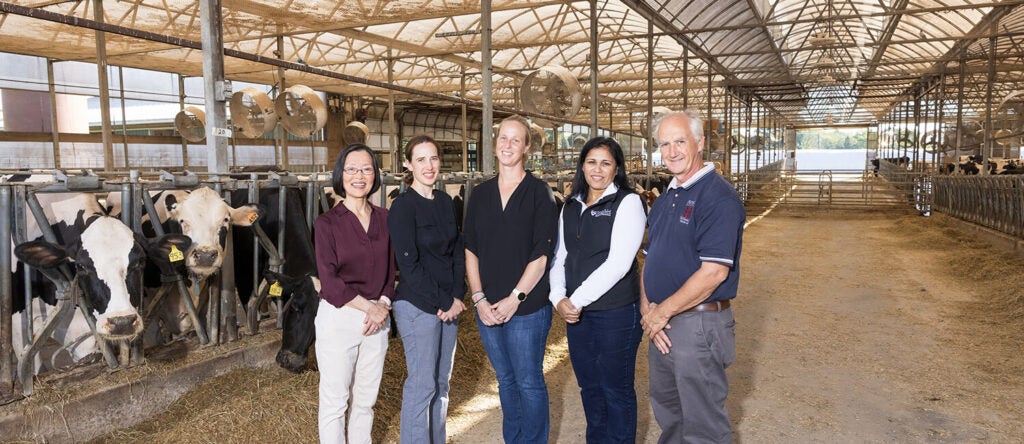
University of Pennsylvania School of Veterinary Medicine Launches New Center for Stewardship Agriculture and Food Security
Drawing on multi-disciplinary expertise, the Center seeks to improve animal agriculture while mitigating climate and ecological impacts.
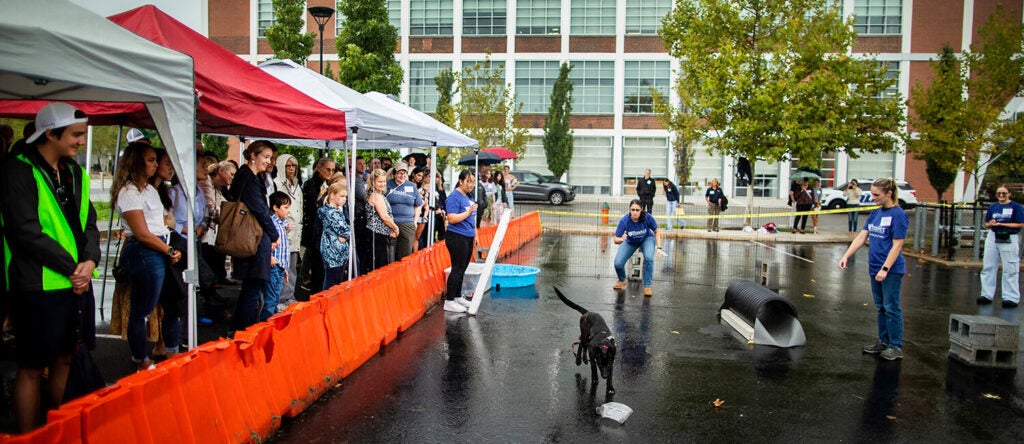
A decade of advancing working dogs for the greater good (link is external)
Inspired by her experience caring for working dogs following 9/11 at Ground Zero, Penn Vet Working Dog Center Director Cynthia Otto’s initial vision has grown into a thriving organization with…
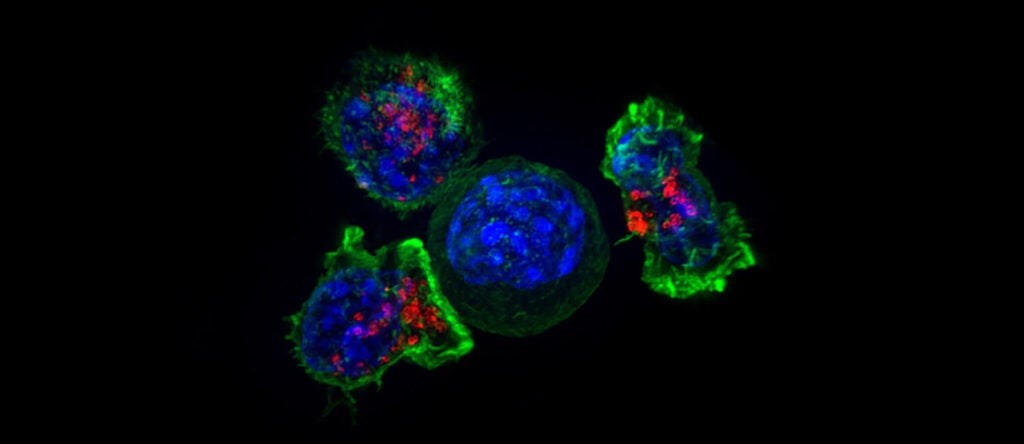
T cells that ‘nibble’ tumors unwittingly help cancer evade the immune response (link is external)
Penn Vet have uncovered a detailed mechanism by which tumors can skirt both the immune system and cancer therapies that leverage its power.
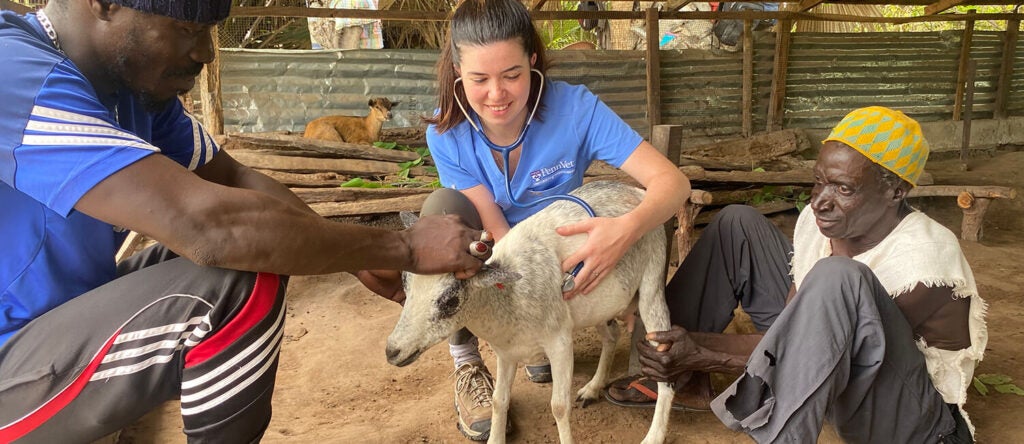
Under the same sun (link is external)
Since its founding by Penn Vet students in 2016, the Gambia Goat Dairy has worked in partnership with Gambians to serve its community. The research and teaching farm also gives…
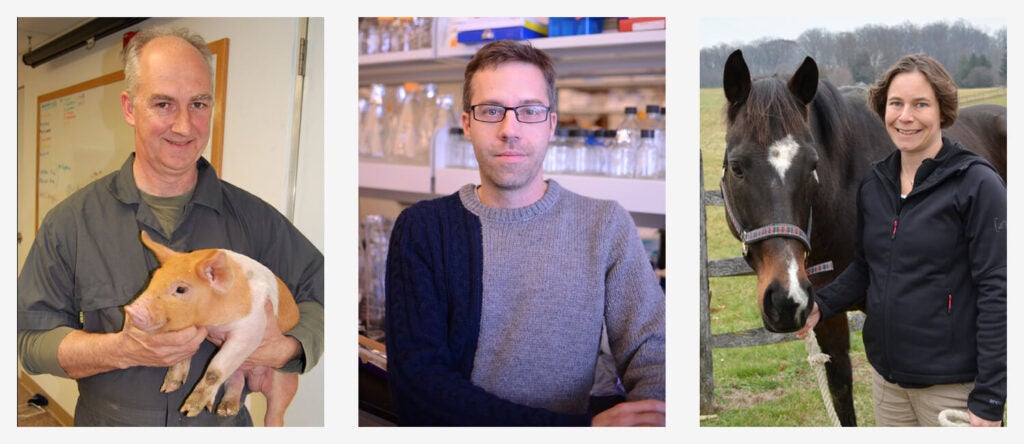
Three Faculty from the University of Pennsylvania’s School of Veterinary Medicine Appointed to Endowed Professorships
Thomas D. Parsons, Christopher J. Lengner and Amy L. Johnson have been recognized for scholarly achievements.

Two Decades Since 9/11: Penn Vet’s Working Dog Center Launches Tribute Video
Penn Vet’s Working Dog Center has launched a new video, “Two Decades Since 9/11: A Tribute.”

Penn Vet New Bolton Center, Royal Veterinary College Launch New MARS EQUESTRIAN™ Veterinary Scholarship Program for Equine Research
The University of Pennsylvania’s School of Veterinary Medicine (Penn Vet) – together with the Royal Veterinary College (RVC) and MARS EQUESTRIAN™ – has launched a new, international scholarship program aimed…
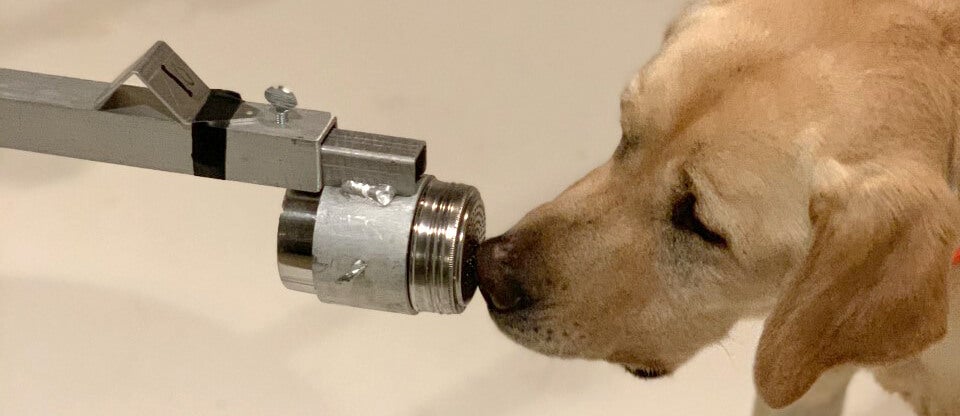
With impressive accuracy, dogs can sniff out coronavirus (link is external)
Many long for a return to a post-pandemic “normal,” which, for some, may entail concerts, travel, and large gatherings. But how to keep safe amid these potential public health risks?

Amazing Cows Hold Promise in Pioneering Sustainable Food Systems of the Future
In today’s climate change narrative, animal-based agriculture often endures criticism for its alleged contributions to the global problem. With some naysayers ranking the industry second only to the population explosion…
